Room Temperature Butter Demystified
Here I gathered few tips and trick on how you can easily tell if butter is at room temperature and how to get butter to room temperature.
Butter is at Room Temperature :
- When pressed it should give slightly but it should still hold its shape.
- Butter should be flexible, you should be able to bend it without breaking or cracking.
- Room temperature butter is about 65-67F.
-
If you are in no hurry, simply leave butter on the counter for 25-30 minutes and it should be at room temperature after that. Also in the summer this may take less time than in the winter.
-
If you are in the hurry cut butter into small pieces, and let it sit at room temperature, it should soften and be ready and near 65F in about 10-15minutes.
-
You can also use microwave. Place the butter with the paper still attached on a plate in the center of the turntable. Set the power at 3, and microwave it in 5 to 10 second intervals. After each time give the butter 1/4 turn. Check the butter after each time, as it can start melting if you leave it there for too long.
-
If you have no other choice, like if you are in hurry and can’t wait for an hour for the rock hard frozen butter to soften use microwave. Place the butter with the paper still attached on a plate in the center of the turntable. Set the power to 3, and microwave butter in 5 to 10 second intervals. After each time give the butter 1/4 turn. Turning helps to distribute heat evenly through out the butter. Depending on the model and specifications for your microwave model you can experiment with different power settings to get the desired result.
-
You can also place frozen butter into a plastic Ziploc bag, close the bag and place the butter into warm water to soften. Replace warm water once or twice until butter is softer. Using paper tower pat the butter dry if it gets little wet on the surface.
-
You can also grate frozen butter, small pieces will soften basically immediately.

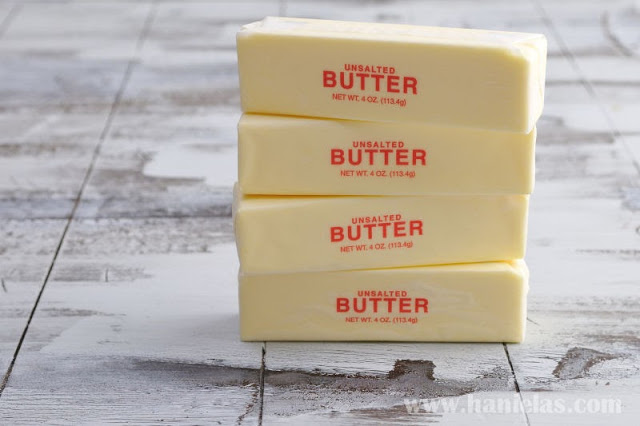

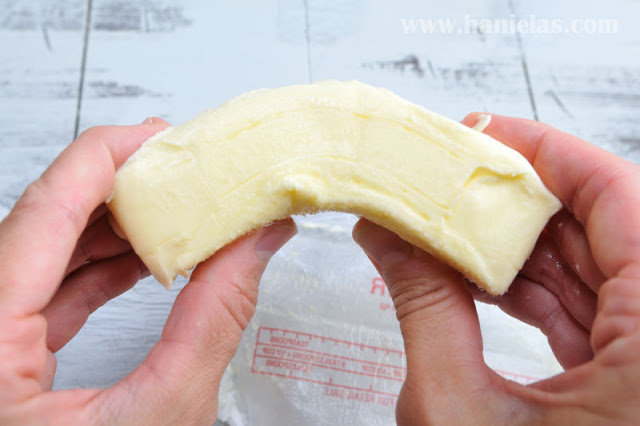
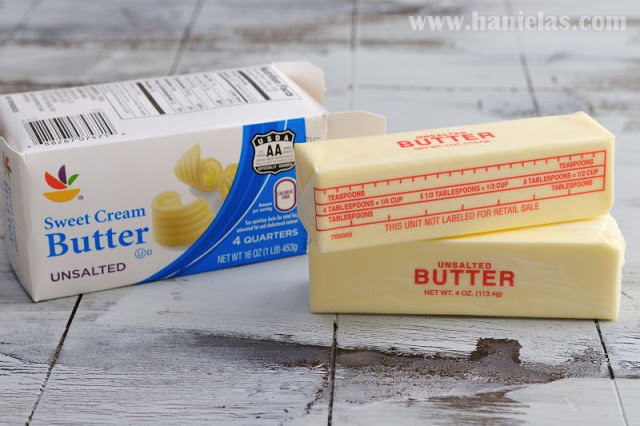

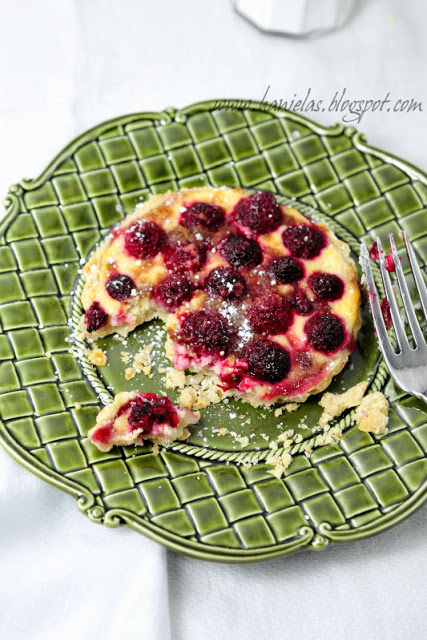
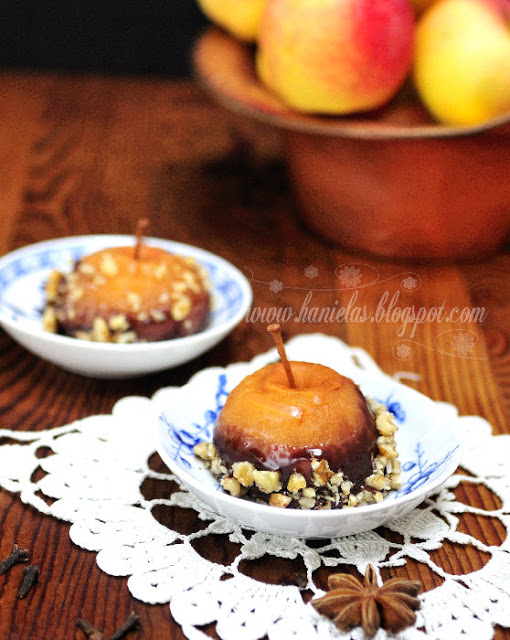
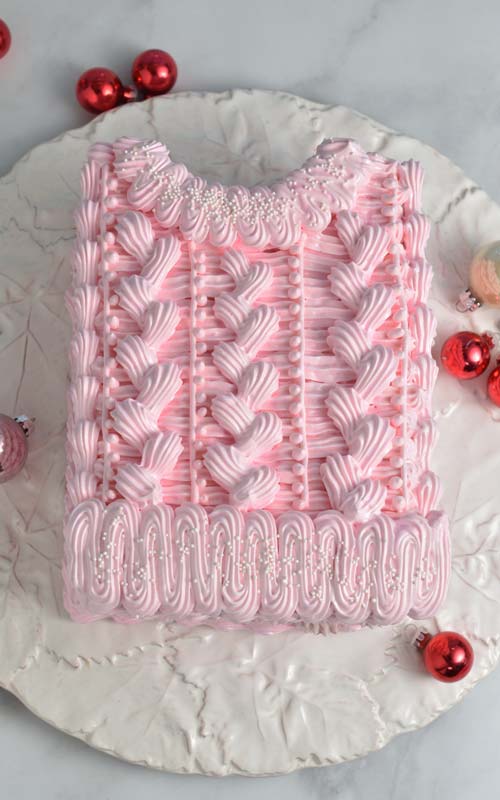
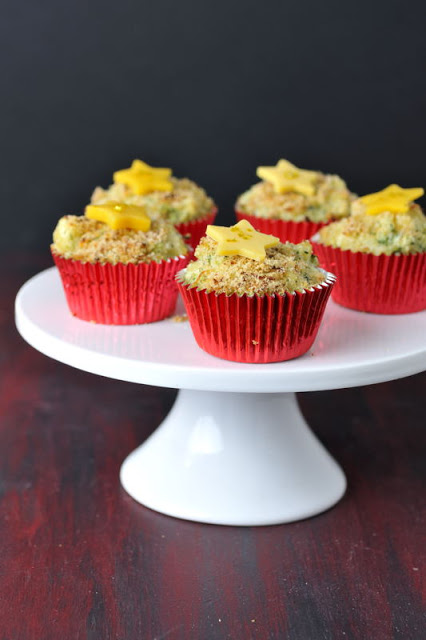



Hani,
I would like to make some pink or red hearts.
If I mix red food color with yellow butter, will I end up with orange hearts?
I don’t like using artificial colorings.
Do you have a suggestion for making my own NATURAL red color?
Will liquid coloring be a problem for the dough?
Thanks for you help.
Hi Suzan
Are you trying to make colored butter?
I think if you beat butter first it will lighten up in color and then try adding your coloring.
I haven’t tried coloring plain butter myself but I’d assume you need oil based colors or powder.
You can also try and pulverize freeze-dried raspberries or
beets and use that to color butter. It will also add some flavor.